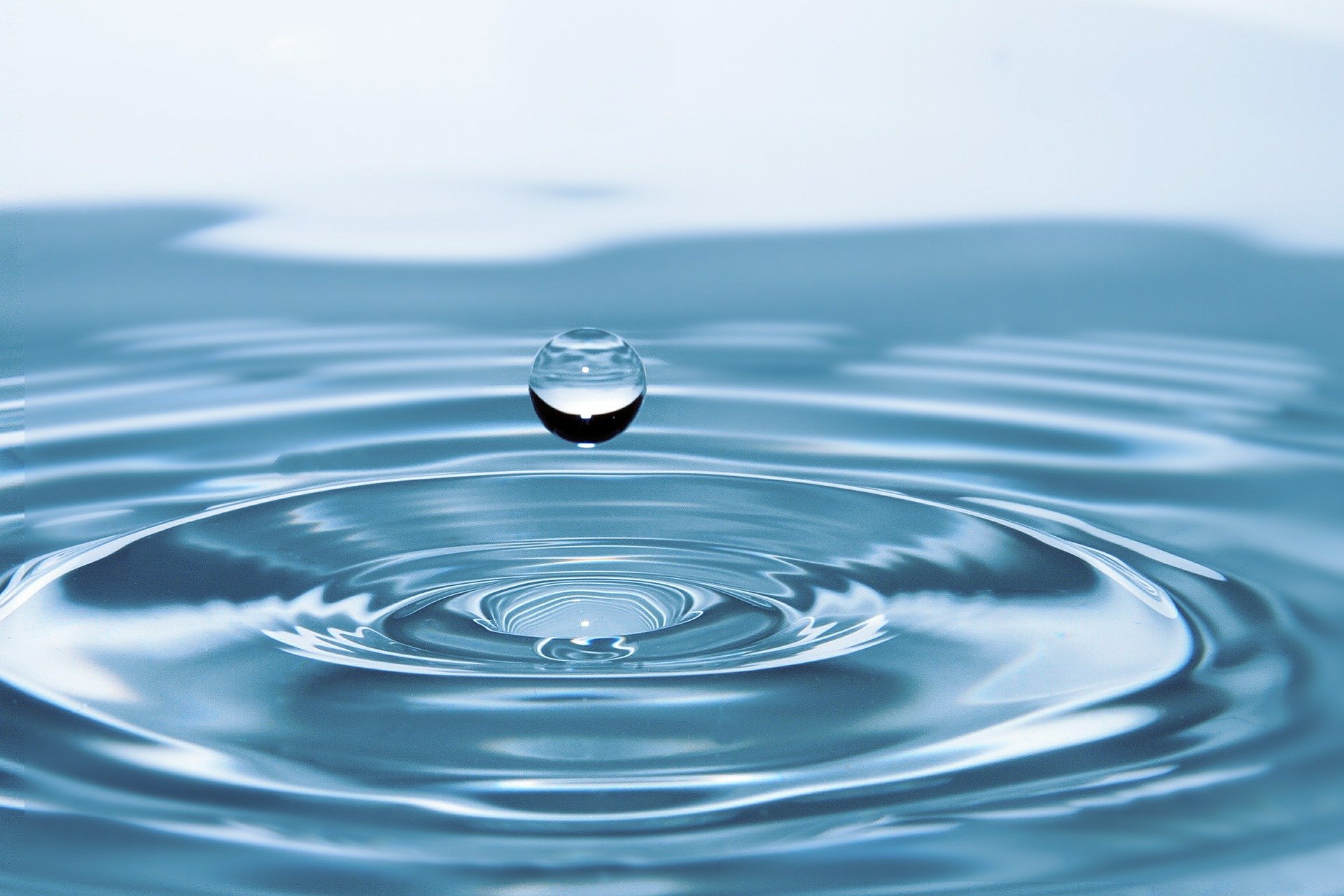Keeping your sanitary pumps up and running for hygienic processes is critical for many industries such as food and beverage, pharmaceutical, chemical processes, and others. Sanitary pumps are a critical component in hygienic processing systems and are subject to wear and tear, making a preventive maintenance program critical.
Getting to the Root Cause of Hygienic Pump Failure
When hygienic pumps do fail, it can be due to extended use or other factors which can be caused by mechanical, electrical, or hydraulic issues.
Pump Mechanical Problems
Mechanical pump problems can be caused by a myriad of reasons which may include:
- Dry running the pump – lubrication is required to dissipate the heat from friction caused by pumping fluid. Try running the pump may cause seals to warp and crack.
- Abrasive or gritty materials – abrasive fluids can quickly wear down pump seals if the appropriate materials for the pump seal and flush are not used.
- The presence of water in the gearbox – water in the gearbox is a common cause of failure for positive displacement pumps.
- Physical or chemical Incompatibilities – incompatibilities with some chemicals in fluids may quickly damage seals if the material is not compatible with the fluid being pumped.
- Galling – pump galling can be caused by adhesion and friction, resulting from physical contact between a stationary and a rotating surface, and leads to slipping and damage beneath the surface of the seal.
- Excessive vibration – shock, and vibration of improperly aligned pumps can damage the rotating shaft and cause pump seals to fail.
- Installation errors – errors during installation, such as over-tightening fasteners or misaligned seals, can also cause pump failure. It is important to follow all manufacturer’s recommendations for installation and torque specifications.
- Environmental exposure – exposure to harsh environments such as significant temperature swings, excessive heat, varying pressures around the seal, or caustic cleaning agents could lead to excessive wear on pump seals.
Pump Electrical Problems
Electrical problems could also cause pump damage that requires repair. Pump operators can perform the following to check for electrical problems:
- Check the voltage of the power supply to the pump – the motor should indicate the correct voltage and amperage rating to be used. Low power supply levels could result in overheating, and overly high voltage could lead to a lack of continuity in the rotor windings or wiring of the motor.
- Check the earth continuity of the motor – a multimeter can be used to measure the earth continuity with a good motor resulting in a reading of less than .5 ohm when properly grounded to a good source. Readings above this could indicate that the installation of the motor is failing and could result in a shock.
- Visually check the motor – visually inspect the motor for discoloration on the housing or burn marks, which can result from overheating. Rotate the motor shaft manually to assess the condition, which should rotate smoothly without catching.
- Check the motor’s rotor windings continuity – use a multimeter on the incoming current motor line and outgoing current load terminal. A zero voltage reading or inconsistent voltage reading could indicate a burned-out motor.
- Test the insulation resistance of the motor – an insulation tester can be used and should provide a result of 1 megaohm, with anything less than .02 megaohms indicating the motor should be replaced.
- Test the running amps of the motor – a multimeter should provide an Ampyra reading at or only slightly below the manufacturer’s specified motor draw. Anything out of range or well below specification could indicate a motor problem.
Pump Hydraulic Problems
Hydraulic issues with a sanitary pump could result from an incorrectly sized pump or may indicate the pump is worn or broken. Fluid lock could result if there is gas or air present in the process lines around the pump, and can be solved by simply venting the system. A pump specialist can provide more assistance on how to properly vent a system and when you should consider repairing, remanufacturing, or replacing a damaged pump.
Illinois Process Equipment, IPE, is a Midwest pump and process equipment specialist with extensive knowledge of sanitary pumps used for hygienic processes. We offer comprehensive pumping solutions and services, including installation and testing, to ensure efficient and safe pump processes. Contact us to learn more about maintaining and repairing sanitary pumps for hygienic processes.



